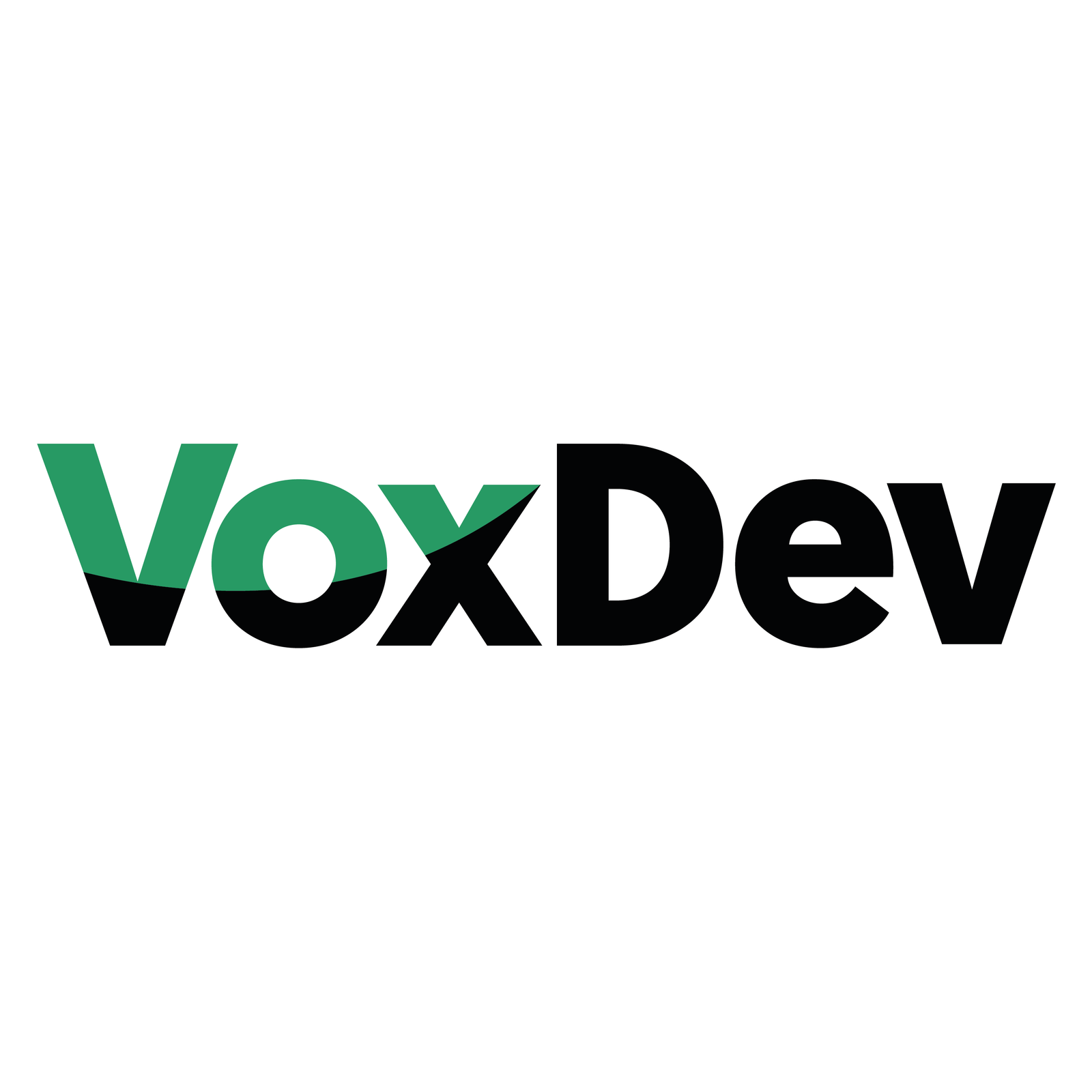

VoxDev Development Economics
VoxDev.org
Hear about the cutting edge of development economics from research to practice.
Episodes
Mentioned books

Jan 17, 2024 • 21min
S4 Ep3: Industrial policy for economic development
The podcast discusses the concept and benefits of industrial policy, debunking the myth that the US didn't have one. It explores the economic arguments against industrial policy and the evolving objectives of modern industrial policies. The importance of government support and collaboration with the private sector is highlighted, along with successful examples of industrial policies in different countries. The podcast also explores the effectiveness of sub-national industrial policies in addressing underemployment and promoting economic development.

Jan 10, 2024 • 26min
S4 Ep2: Place-based policies and development
Economist explores place-based policies, their recognition, and efficacy. Focuses on policy treatment effects and successful interventions. Discusses development policy, funding, tax incentives, and outcomes for struggling regions. Examines the impact of community college training programs on economic development. Explores effectiveness, challenges, and mixed success of place-based policies.

Jan 3, 2024 • 31min
S4 Ep1: Education markets and systems in LMICs
What is the fairest and most efficient way to improve not just access to education, but outcomes too? Should policymakers focus on a broader markets and systems approach to education reform? Emiliana Vegas and Asim Khwaja tell Tim Phillips about what a markets and systems approach to delivering education reform is, and what it has already achieved in Pakistan and Chile.

Dec 19, 2023 • 32min
S3 Ep45: How should economic researchers give policy advice?
Researchers want to maximise the development impact of their advice. Stefan Dercon tells Tim Phillips, that to do this, they need to consider the local political constraints and opportunities, and not be “The sort of technocrat that says ‘’nothing to do with me, it’s someone else’s problem’.”

Dec 14, 2023 • 21min
S3 Ep44: How can policy respond to rising seas?
While the news agenda is grabbed by droughts, hurricanes and wildfires, the inexorable rise in sea level is less easy to see. But it will affect billions of people living in coastal regions in our lifetimes. What are the possibilities for, and costs of, adaptation? Allan Hsiao discusses how low-lying cities like Jakarta will cope.

Dec 12, 2023 • 21min
S3 Ep43: The social cost of carbon
What is the social cost of carbon? What can it tell us about the effects of, and the feasibility of policies to cope with, climate change? Michael Greenstone tells Tim Phillips about how the process of assigning a value to the cost of emissions, and how that can help us to think clearly about the choices we make.

Dec 6, 2023 • 19min
S3 Ep42: Bridging the divide between micro and macro research
Macroeconomic development policies can be effective to combat poverty. But a lot of research uses smaller-scale RCTs and experiments. Can macro theory and micro empirical research complement one another? Francisco Buera and Joseph Kaboski tell Tim Phillips how this can work in practice, and how it can lead to better policy.

Nov 29, 2023 • 46min
S3 Ep41: Global value chains and development
The podcast discusses the impact of global value chains on development, highlighting the positive effects on growth and poverty reduction. It explores the characteristics and roles of global value chains in the garment and coffee industries. The concept of incomplete contracts in global value chains and the role of foreign buyers in financing trade are also discussed. Market power in global value chains and the challenges faced by small producers are explored. The role of institutions in shaping trade transactions and the complexity of global value chains in various industries are examined. The podcast emphasizes the need for nuanced understanding and effective policy-making.

Nov 21, 2023 • 15min
S3 Ep40: Renewable energy in LMICs
In developing countries, electricity is still mostly generated from fossil fuels. So how quickly can that change? And what policies are needed to speed innovation in renewables and the transition to using them? John Van Reenen of the London School of Economics and Mar Reguant of Northwestern talk to Tim Phillips.

Nov 15, 2023 • 21min
S3 Ep39: The inequality of environmental damage
We tend to discuss changes to the natural environment in big, global numbers. But the impact of those changes is felt in different ways by different people in different places. Tamma Carleton and Reed Walker talk to Tim Phillips about the inequality of environmental damage, and how more detailed data and analysis can help policymakers target their interventions.


